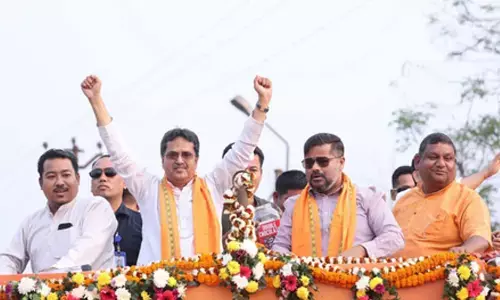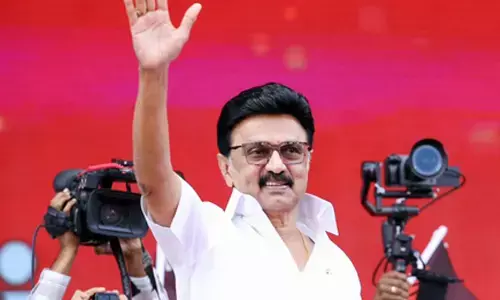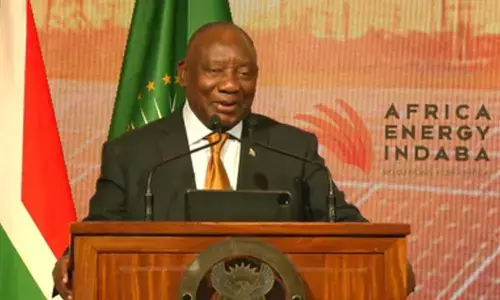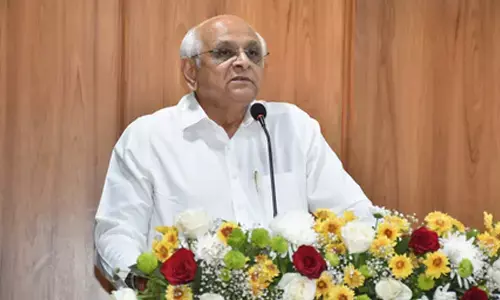Ministry of Sports wants RTI for BCCI
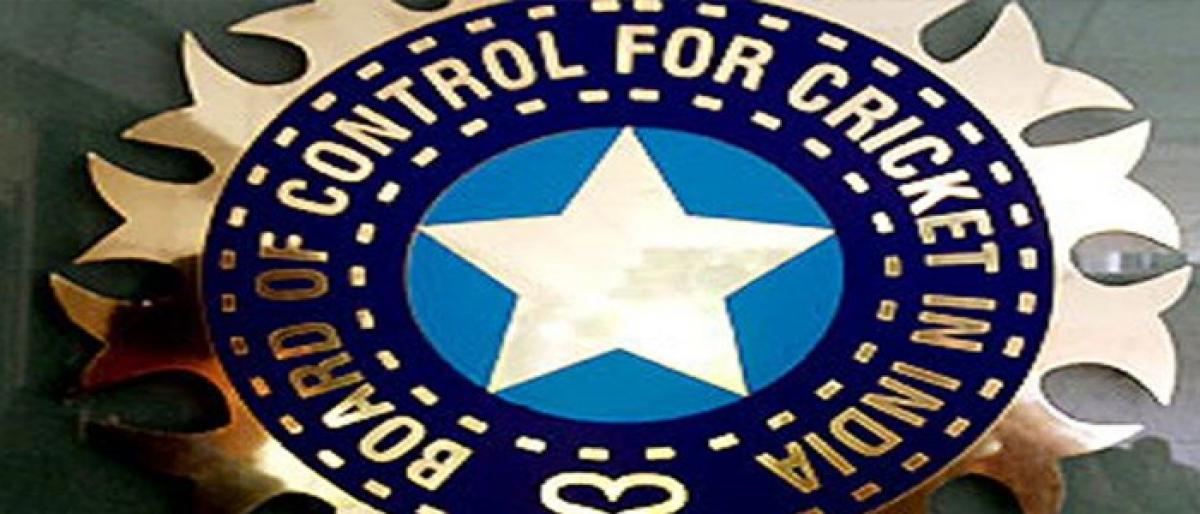
When the CIC sought response of the Ministry for Youth Affairs and Sports, on a request for information relating to BCCI, it favoured the suggestion of bringing BCCI into the purview of the RTI Act
When the CIC sought response of the Ministry for Youth Affairs and Sports, on a request for information relating to BCCI, it favoured the suggestion of bringing BCCI into the purview of the RTI Act.
In so far as the sports bodies working in India are concerned, those are registered either under the Societies Act or under the Companies Act. These laws are promulgated by the Parliament. Hence all the sports organisation registered these Acts may have to be declared as public authorities as per the provisions of the RTI Act 2005 whether recognized and funded by the Government or not.
The rationale behinds these provisions may be due to the fact that all the bodies which discharge ‘State’ like functions should be transparent in their functioning and remain accountable to the governed i.e. the public. Some of the State like functions discharged by this kind of bodies, though not recognized/funded by the Government are given below:-
i) using India or Indian in their nomenclature.
ii) selecting Indian teams for their sports discipline.
iii) participation on behalf of the country in the Seminars, conference etc. at the international fora.
iv) inviting foreign delegates to India on behalf of the country.
v) raising funds from various organizations and public for use in sports activities and other public purposes.
Vide this Ministry’s letter No. F.36-2/2010/SP II dated 21/4/2010 all the NSFs receiving grants of Rs. 10.00 lakhs have been declared as public authority under Section 2(h) of RTI Act. Since, only the recognized organizations are receiving grant from this Ministry, the provisions of RTI Act does not seem to be fully implemented since this order does not cover the federations which are not recognized by MYAS.
In BCCI v Cricket Association of Bihar & Ors, in Civil Appeal No. 4235 of 2014 with Civil Appeal no. 4236 of 2014 and SLP (C) 3428 of 2014, Supreme Court ordered on 22/1/2015 has given detailed observations. In paras 19 and 20, it said “BCCI does discharge several important public functions which make it amenable to the writ jurisdiction of the High Court under Article 226 of the Constitution of India. Under Para 30 of the order, it observed that the majority view favour that BCCI is amenable to the writ jurisdiction of the High Court under Article 226 even when it is not “State” within the meaning of Article 12.
The rationale underlying that view if we may say with utmost respect lies in the ‘nature’ of duties and functions which the BCCI performs. It is common ground that the respondent-Board has a complete say over the game of cricket in this country. It regulates and controls the game to the exclusion of all others. It formulates rules, regulations norms and standards covering all aspects of the game etc.
All these activities are undertaken with the tacit concurrence of the State Government and the Government of India who are not only fully aware but supportive of the activities of the Board. The State has not chosen to bring any law or taken any other step that would either deprive or dilute the boards monopoly in the field taken any other step that would either deprive or dilute the Boards monopoly in the field of cricket.
On the contrary, the Government of India have allowed the Board to select the national team which is then recognised by all concerned and applauded by the entire nation including at times by the highest of the dignitaries.
Those distinguishing themselves in the international arena are conferred highest civilian awards like the Bharat Ratna, Padma Vibhushan, Padma Bhushan and Padma Shri apart from sporting awards institutes by the Government. Any organisation or entity that has such pervasive control over the game and its affairs and such powers as can make dreams end up in smoke or come true cannot be said to be undertaking any private activity.
The functions of the Board are clearly public functions, which, till such time the State intervenes to take over the same, remain in the nature of public functions, no matter discharged by a society registered under the Registration of Societies Act. Therefore, BCI may not be State under Article 12 of the Constitution but is certainly amenable to writ jurisdiction under Article 226 of the Constitution of India.
With the aforesaid observations, Supreme Court has amplified the scope of the RTI Act while defining the public functions discharged by Sports bodies and making them accountable to the public. Supreme Court stated that:-
“All these activities are undertaken with the tacit concurrence of the State Government and the Government of India who are not only fully aware but supportive of the activities of the Board.
The State has not chosen to bring any law or taken any other step that would either deprive or dilute the Boards monopoly in the field taken any other step that would either deprive or dilute the Boards monopoly in the field of cricket. On the contrary, the Government of India have allowed the Board to select the national team which the then recognized by all concerned and applauded by the entire nation including at times by the highest of the dignitaries. Those distinguishing themselves in the international arena are conferred highest civilian awards like the Bharat Ratna, Padma Vibhushan, Padma Bhushan and Padma Shri apart from sporting awards instituted by the Government”.
It concluded saying that it may be incumbent upon this Ministry to bring all the Sports bodies working at the national level to bring them under RTI Act even if those may not have been recognized and funded by the Government.
The Ministry sought legal opinion in the matter as to whether all sports bodies whether recognized and funded by the Government or not can be declared as public authorities as per the provisions of the Act.
In response the Legal Consultant S K Menderetta opined: the MYAS may like to declare/notify the BCCI as a public authority under section 2(h)(d) of the RTI Act, 2005. The same considerations would apply, in my view, in the case of other NSFs and bodies recognized by the international organizations, who also perform similar pubic functions in their respective sports fields. All such NSFs and other organizations may also be declared as pubic authorities under the said section 2(h)(d) of the RTI Act, 2005.
[Did Ministry of Law has the same view? (See next week)] (Based on the order of CIC on BCCI dated 1.10.2018)


